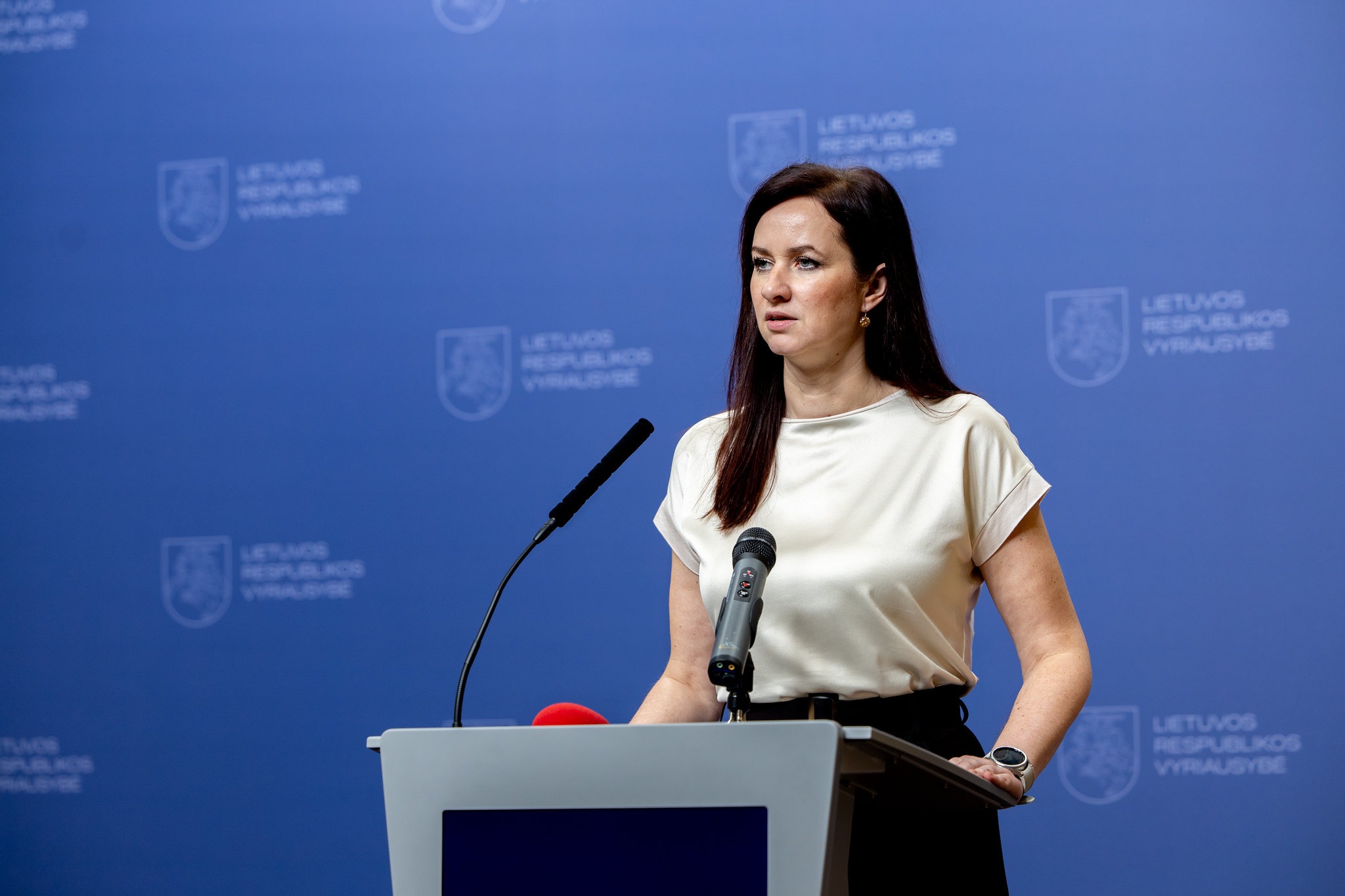
Main narratives:
- Educational reforms were seen as diminishing the importance of the Russian language, stirring tensions among Russian speakers.
- Growing public discontent with the government’s focus on international conflicts amidst local economic hardships.
- Critiques of proposed legal amendments for being too stringent on sexual harassment, alongside concerns about border policies impacting regional economies.
- The ruling party and leadership are perceived as elitist and disconnected from citizens’ financial struggles, particularly regarding pension adequacy.
- Debates over national support for international organisations, with calls for reassessment due to alleged affiliations with contentious groups.
Overview:
During the examined week, the main narrative was the negative treatment of the Russian speakers in Latvia, as well as the portrayal of the coalition parties as elitist or corrupt. Most notably, a video from Tiktok of a woman candidating for the European Parliament was circulating on Twitter in which the candidate claimed that the Russian-speaking population had been intentionally oppressed and that in case of an invasion, “they would know what to do”. Overall, the narratives aim to seed polarisation between the language groups and negatively portray the coalition parties as either elitist or corrupt. In terms of content, in comparison to prior weeks, Twitter is reaching more engagement that is comparable to or higher than Facebook. At the same time, TikTok remains the platform with the most engagement in terms of viewership and activity in the comment section.









